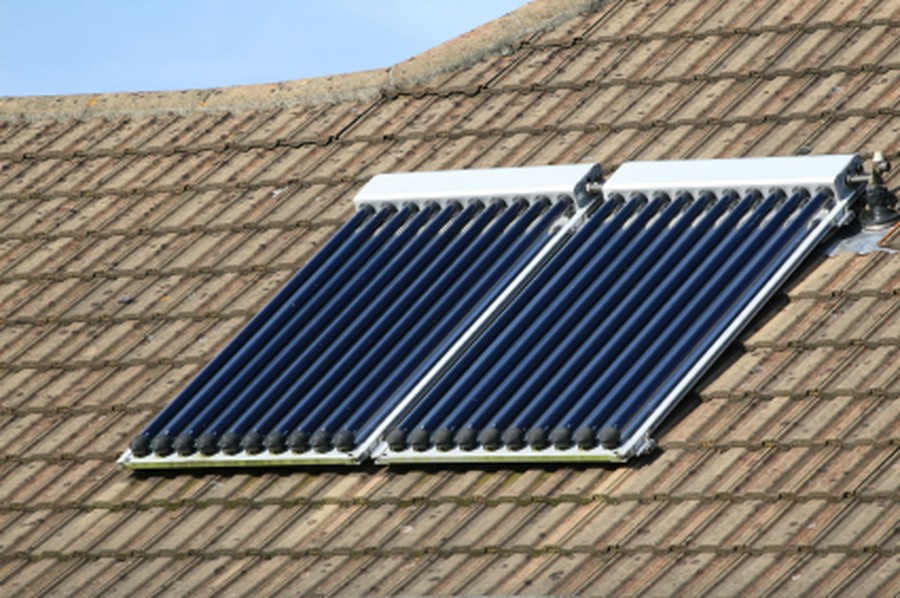Solar Water Heaters
All Categories
About Our Plans Building a Home Building Your Home Green Building Help and Support Hobbies & Recreation Home Building Tips and Information Home Design Home Exterior & Framing Homepage Articles House Plan of the Week How We Work Ideas and Inspiration Industry News Infographics Information & Resources Inspired Spaces Interior Design Kitchens Mascord News Modified Home Designs Outdoor Living Personal Stories Plan Support Products and Services Real Estate Remodeling & Renovating Showstoppers
Increasing incentives and product options abound, so solar thermal water heaters offer one of the fastest paybacks in the solar world. Of the may types available, implementing different technologies, one of my favorites continues to be vacuum tube type systems, like this kit from Kingspan.
The U.S. Department of Energy estimates that a home’s domestic water heating costs should drop by 50% to 80% with the installation of a properly sized solar thermal system. Installed costs for typical residential solar water heaters begin at around $5,000, and they qualify for the 30% federal tax credit currently available, as well as for state and local incentives, where available. A great source of information about incentives available in your area is the DSIRE website.
DIgging a little deeper and researching online, we discover there are two basic types of solar thermal systems:
“Passive” systems require no pumps or electricity to operate, relying instead on natural thermo-siphon action driven by the temperature differential between the solar collectors and the water inside the storage tank. Because these systems circulate the home’s actual domestic water, they are mainly used in areas where temperatures stay well above freezing.
“Active” solar thermal systems use a differentially controlled pump to circulate freeze-protected fluid, such as glycol, up to the collectors and back to the holding tank through closed-loop heat-exchange tubing, which transfers the fluid’s heat to the home’s domestic water. For maximum energy efficiency, some systems use a small photovoltaic panel mounted with the collectors to power their pumps." says ecohome magazine.
" Buyers should beware that, in order to qualify for federal and most state incentives, the key components of all solar systems—the solar collectors—must meet industry certification standards. The most widely accepted certification is bestowed by the SRCC, which tests and approves solar equipment and systems based on ASHRAE standards. Another third-party organization, IAPMO R&T, certifies equipment according to ANSI standards.
Installing solar water heaters qualifies homes for points under most green certification programs. LEED for Homes offers two points for backup systems accommodating more than 40% of the annual load and three points for systems that account for 60% or more. The ANSI National Green Building Standard awards points (from eight to 20) toward certification for solar water heaters on a scale tied to their SRCC Solar Energy Factor rating. "
Says EcoHome. Be sure to hit up the source for more information and to read the entire article.
